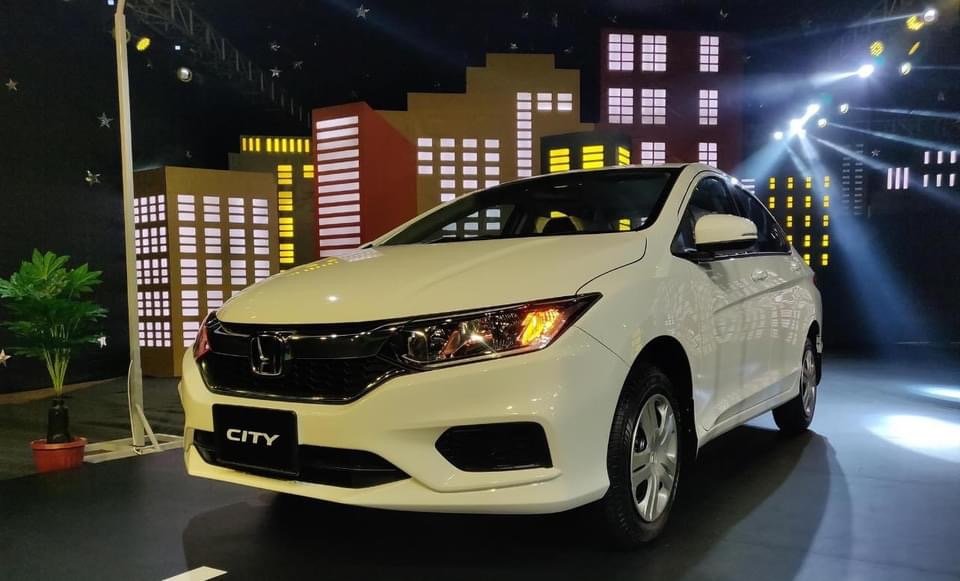The latest data released by the Pakistan Automobile Manufacturing Association (PAMA) reveals a concerning trend in the automotive industry. The first three months of the current financial year, 2023-24, witnessed a sharp decline in car sales, with a staggering 43.92 percent drop compared to the same period last year. In this article, we will delve into the specifics of this decline, exploring how different car models were affected and what factors may be contributing to this significant decrease in sales.
A Deep Dive into the Numbers
According to the PAMA data, a total of 16,021 cars were sold during the months of July to September 2023-24, a substantial decrease from the 28,571 units sold in the corresponding months of the previous year. This decline indicates a substantial shift in consumer behavior and preferences within the Pakistani car market.
Model-Specific Sales Trends
- Honda Civic and City: Sales of Honda Civic and City models took a significant hit, with only 1,860 units sold in the first quarter of 2023-24, compared to 5,045 units in the same period of 2022-23. This represents a 63.17 percent drop in sales.
- Toyota Corolla and Yaris: Toyota Corolla and Yaris sales declined by 49.55 percent, with only 3,236 units sold during the current year’s first three months, compared to 6,415 units the previous year.
- Suzuki Swift: Suzuki Swift’s sales also experienced a notable drop, down 40.40 percent from 2,116 units to 1,261 units in the current year.
- Suzuki Cultus: The sale of Suzuki Cultus declined to 814 units during the first three months of the current year, whereas during the same period last year, the sale was recorded at 1,823 units, marking a 55.38 percent decrease.
- Suzuki WagonR: Suzuki WagonR’s sales also decreased to 963 units from 1,413 units in the same period of the previous year, reflecting a 31.77 percent decrease.
- Suzuki Alto: Suzuki Alto’s sales witnessed a sharp decline of 27.17 percent from 9,283 units to 6,760 units during the current year.
- Suzuki Bolan: The sales of Suzuki Bolan decreased to 541 units as opposed to sales of 1,189 units in the same period of the previous year, representing a 54.50 percent drop.
Possible Factors Contributing to the Decline
Several factors could be contributing to this sharp drop in car sales:
- Economic Conditions: Economic instability and inflation can significantly impact consumers’ purchasing power, making cars a less accessible commodity.
- Global Supply Chain Issues: Disruptions in the global supply chain, affecting the availability of key components and materials, may lead to production delays and increased car prices.
- Changing Consumer Preferences: Shifting consumer preferences towards alternative modes of transportation, such as ride-sharing services and electric scooters, could be affecting car sales.
- Government Policies: Changes in government policies, including taxation and import regulations, can influence the automotive industry’s health.
The decline in car sales
The decline in car sales during the first quarter of the current financial year is a concerning trend for the Pakistani automotive industry. The data from PAMA highlights a substantial decrease in the sales of various car models, indicating shifts in consumer behavior and preferences. Factors such as economic conditions, global supply chain disruptions, changing consumer preferences, and government policies are likely contributing to this decline. It will be important for stakeholders in the automotive industry to closely monitor these trends and adapt to the changing market dynamics.
Interested in sharing your perspective on the story? Feel free to participate by leaving your comments below.

Fahad is an entrepreneur and a marketing enthusiast who loves to write on trending topics. He loves travelling & playing tennis is what he does in his leisure time. He tweets @fahad164.
Email:- fahad164@gmail.com , fahad@themediaparadigm.com











